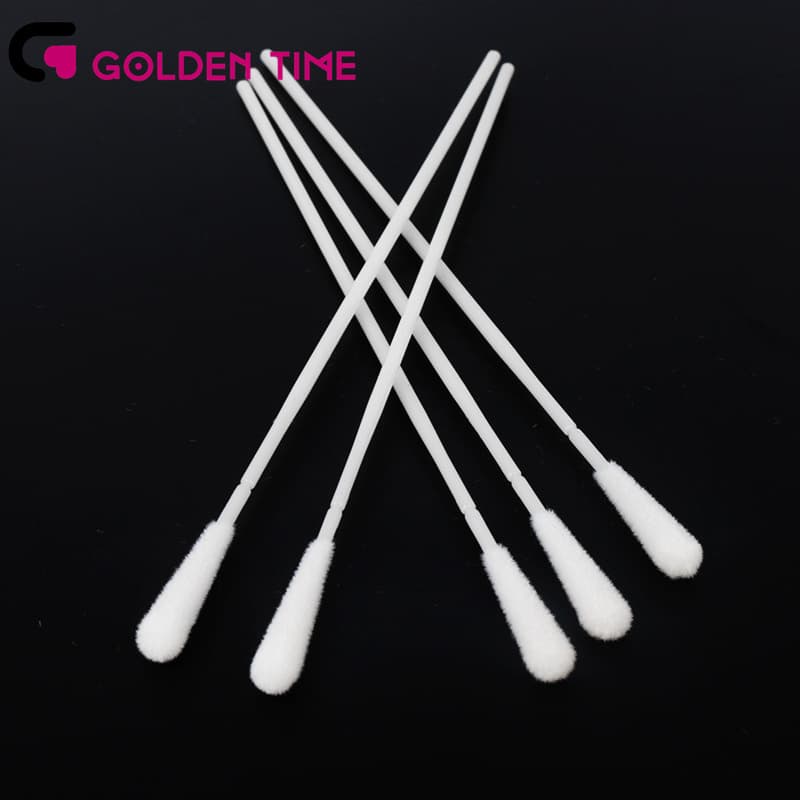Aug . 07, 2024 08:20 Back to list
Find Affordable Dengue Test Prices from Reliable Suppliers for Your Needs
Understanding the Price and Suppliers of Dengue Test Kits
Dengue fever, a mosquito-borne viral infection, remains a significant public health concern in tropical and subtropical regions. As the incidence of dengue has risen in many parts of the world, the demand for efficient diagnostic tools has become essential. Consequently, understanding the pricing and sourcing of dengue test kits is crucial for healthcare providers, governments, and organizations dealing with tropical diseases.
What Are Dengue Test Kits?
Dengue test kits are diagnostic tools used to detect the presence of the dengue virus in individuals suspected of being infected. These kits can range in specificity, sensitivity, and turnaround time, making it essential for healthcare professionals to choose the right product tailored to their needs. The primary types of dengue tests include antigen detection tests (NS1), antibody detection tests (IgM and IgG), and polymerase chain reaction (PCR) tests.
Factors Influencing Dengue Test Kit Prices
1. Type of Test The price of dengue test kits can vary significantly based on the type of test being conducted. Rapid diagnostic tests (RDTs) tend to be more affordable and offer results within a short timeframe; however, they may lack the sensitivity and specificity of more costly tests like PCR, which, while expensive, provides precise results.
2. Quality and Certification Test kits that are approved by recognized health organizations, such as the World Health Organization (WHO) or the Food and Drug Administration (FDA), typically command higher prices due to the assurance of quality and reliability they provide.
3. Manufacturer and Supplier The brand of the test kit can impact the price. Established companies that invest in research and development and maintain high-quality manufacturing processes often charge more for their products. Moreover, suppliers that provide consistent support and services may have a pricing premium attached to their kits.
buy dengue test price suppliers

4. Volume of Purchase Bulk purchasing can lead to significant cost savings. Healthcare institutions and governments often negotiate prices with suppliers based on the quantity they intend to purchase. The higher the volume, the lower the price per unit, making it cost-effective for large-scale health initiatives.
5. Geographical Location Prices can vary by region due to factors such as shipping costs, import duties, and local market demand. For instance, test kits may be more expensive in remote or underserved areas compared to urban centers where supply chains are more established.
Where to Buy Dengue Test Kits
When looking for suppliers of dengue test kits, it is essential to consider both international and local distributors. Many reputable companies operate online platforms where purchasers can compare different products based on price, specifications, and user reviews. Additionally, health organizations often collaborate with trusted suppliers to ensure that affordable and reliable testing options are available in endemic regions.
Local health departments and agencies may also offer guidance or bulk procurement options for hospitals and clinics. Establishing partnerships with credible suppliers not only ensures access to quality products but also helps in staying updated on the latest advancements in diagnostic technologies.
Conclusion
In summary, the dengue test kit market is varied, with prices influenced by multiple factors including the type of test, quality certification, manufacturer reputation, purchase volume, and geographical factors. For healthcare professionals and organizations working in dengue-endemic areas, understanding these intricacies is vital. By connecting with reliable suppliers, they can ensure the availability of accurate and affordable testing solutions, ultimately leading to better management and control of dengue fever outbreaks.
-
Pregnancy Test Calculator: Know Your Weeks, Week by Week
NewsAug.22,2025
-
Malaria Pf Ag Rapid Test Kit - Quick & Accurate Detection
NewsAug.11,2025
-
Accurate Cardiac Marker CK-MB Rapid Test for Quick Results
NewsAug.10,2025
-
Premium Empty ABS Plastic Cassette for Test Strips
NewsAug.09,2025
-
Sterile Urine Cup: Accurate Specimen Collection for Labs & Home
NewsAug.08,2025
-
Malaria Pf/Pan Ag Rapid Test Kit for Fast, Accurate Diagnosis
NewsAug.07,2025

